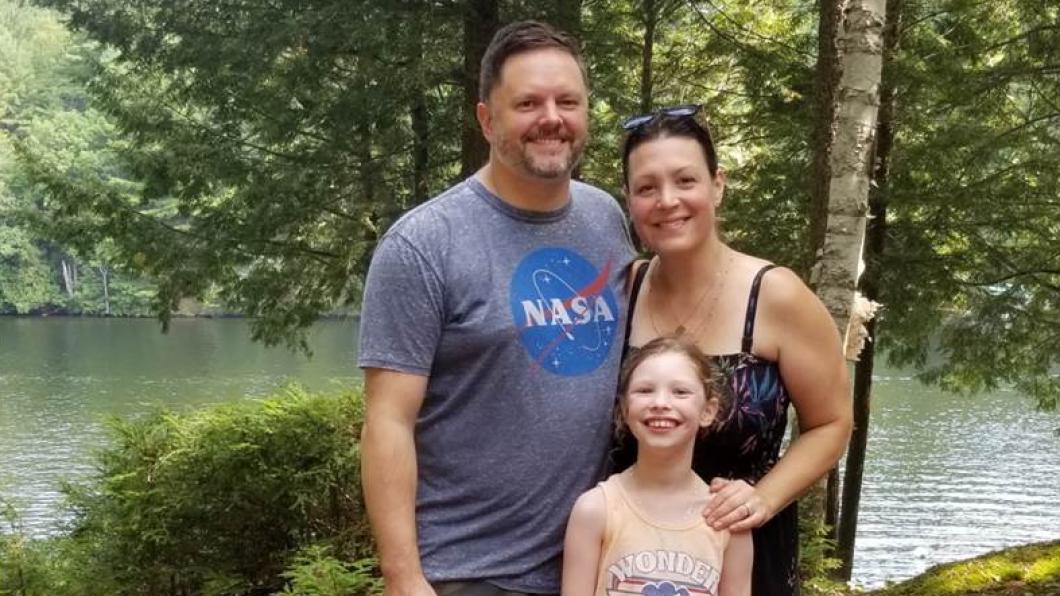
The 13th Annual Bloorview Research Institute (BRI) Symposium will take place on Thursday, November 29. The theme this year is Advancing the global impact of childhood disability research: Driving forward discoveries for inclusive and meaningful life-changing impact. From lived experience to informative breakout sessions to a dance performance, the symposium will provide the opportunity to showcase the impact of discoveries happening at Holland Bloorview on a global scale.
In light of Holland Bloorview Kids Rehabilitation Hospital's upcoming research symposium, we asked Beth Dangerfield, co-host of the event and family partnerships specialist, about the importance of the family voice in research and what we can do to further increase family engagement in research at Holland Bloorview and set an example for others beyond our walls.
Q: What sparked your interest in research?
What originally sparked my interest in research was being a part of the rare disease community. Within this community we say that “research is care” and there is really no truer statement for a person or a family that is impacted by a disease that not many people know about. From the rare disease perspective, I quickly understood how important research was to some people’s experiences and their story.
As a parent of a child with a rare disease as well as a disability, the focus is often on the weaknesses, the deficits, and what’s “wrong”. Research focuses on potential and opportunities. No matter the outcome, research lets us hope, dream, and think about what’s possible.
Q: Why is the family voice important when it comes to research?
Where do I begin? During our first Research Family Engagement Committee (RFEC) meeting this year, Dr. Tom Chau, vice-president of research at Holland Bloorview said: “Our research is focused on people. It impacts people. It has potential to impact real lives.”
If we use this as our starting point, the answer to this question is clear.If we don’t include and elicit the voices of the people that we are hoping to impact, then how do we know that there is value in what we are doing? How do we know if we are conducting research in a way that is meaningful for clients and families if we don’t take into account their insights and lived experiences? With clients and families actively engaged at every stage of the research process, we ensure that our research is as relevant and impactful as possible.
Q: What are some of the ways we can increase family engagement in research?
We need to evaluate what we are doing – what’s working, what’s not working, and what’s happening around us that we can learn from. We need to explore new ways of engaging families in research, even those ways that might change the way we do things. Both of these are top priorities of the RFEC.
I also feel strongly that we need to work closely with new students and trainees and expose them to the benefits of building strong partnerships with families as they do their research. The incredible trainees that work with us are the research leaders of tomorrow. If we spend time working with this population, they will hopefully automatically make family engagement a part of their research every step of the way because of what they have learned at Holland Bloorview.
Q: What are you most excited for in your new role as a family partnerships specialist?
I’m most excited for what’s possible. I know a lot of the families involved in the Family Leadership Program (FLP) at Holland Bloorview and I’ve started to get to know more families. In a way, I see myself as a ‘connector’. I see many opportunities to create meaningful and fruitful partnerships between families and our researchers and research teams. The best part about my work so far has been the time when I’ve made one of those connections. I know what each has to offer the other. The potential is endless for what those partnerships will yield and how children and youth with disabilities will benefit.
Learn more about the 13th Annual BRI Symposium.